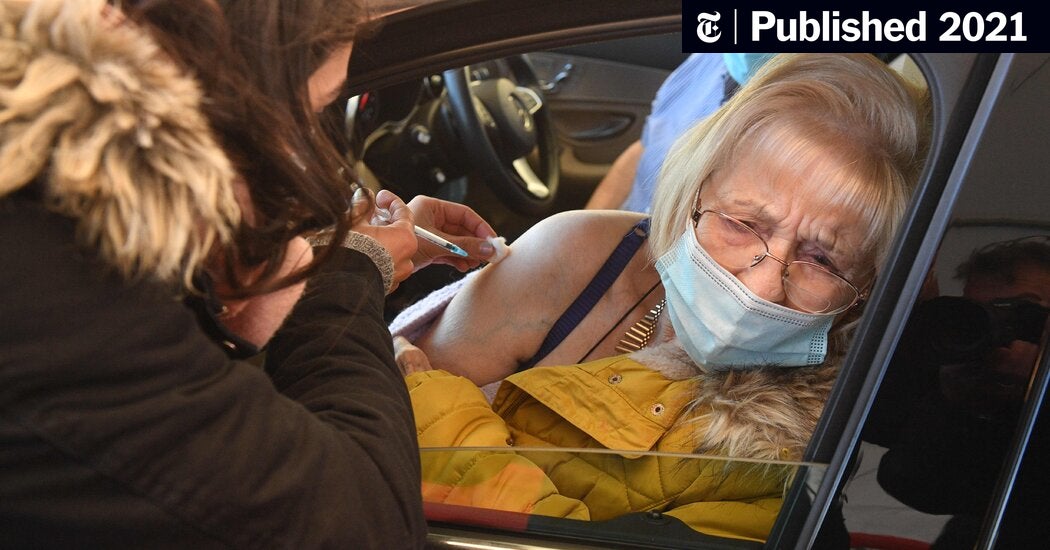LionKing
Active Member
- Joined
- Jul 22, 2019
- Posts
- 527
- Qantas
- Platinum
- Virgin
- Gold
- Oneworld
- Emerald
According to reports, coronavirus vaccine is entering its final phase of testing and very soon we will have millions of coronavirus vaccine to be rolled out, hopefully from September.
By then, should a coronavirus vaccine is available, will you vaccinate it?
Personally speaking, as a 30 year old young person, I will not vaccinate myself with Coronavirus, because:
1. It is just a small flu for young people, we won't die;
2. The vaccine is rushed and I cannot guarantee if I vaccinate myself, I will be immune to Coronavirus and not get killed by the vaccine;
3. The coronavirus vaccine is just a step to reopen our borders so that we can travel overseas again.
I am not anti-vaxier, however I only think that Coronavirus vaccine is just a political ticket for politicians to explain to the public that they can now open the international borders again and ease off travel bubbles.
What do you think?
By then, should a coronavirus vaccine is available, will you vaccinate it?
Personally speaking, as a 30 year old young person, I will not vaccinate myself with Coronavirus, because:
1. It is just a small flu for young people, we won't die;
2. The vaccine is rushed and I cannot guarantee if I vaccinate myself, I will be immune to Coronavirus and not get killed by the vaccine;
3. The coronavirus vaccine is just a step to reopen our borders so that we can travel overseas again.
I am not anti-vaxier, however I only think that Coronavirus vaccine is just a political ticket for politicians to explain to the public that they can now open the international borders again and ease off travel bubbles.
What do you think?

















